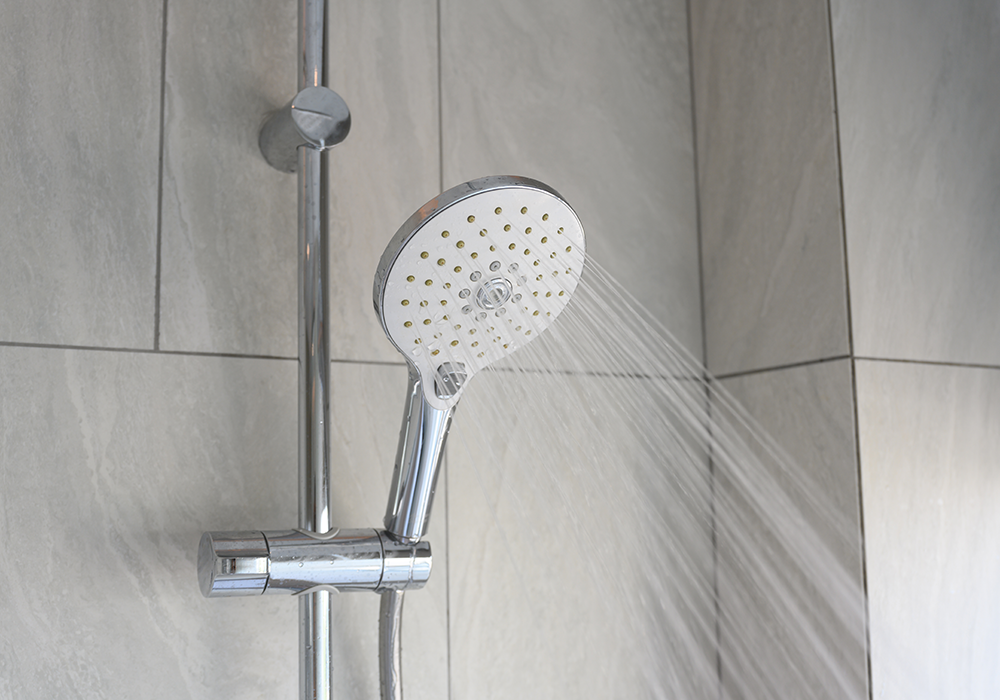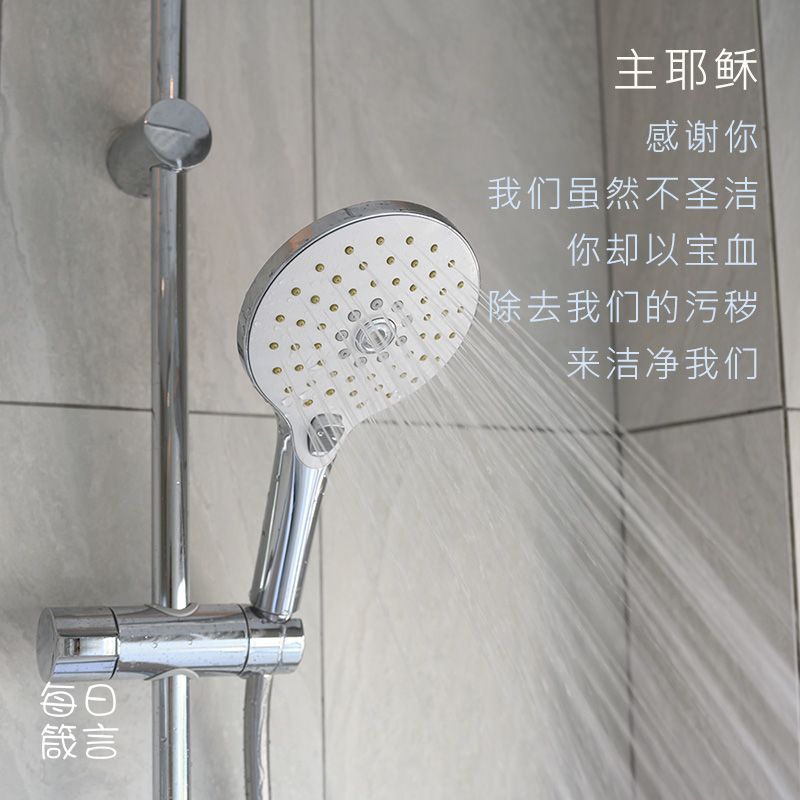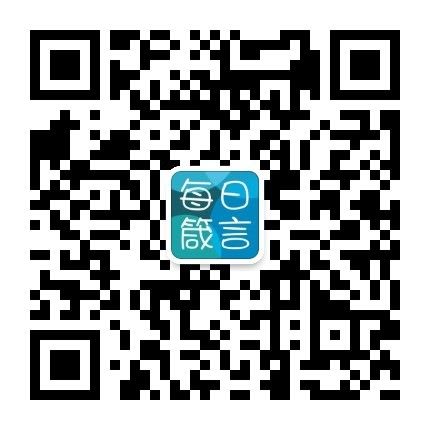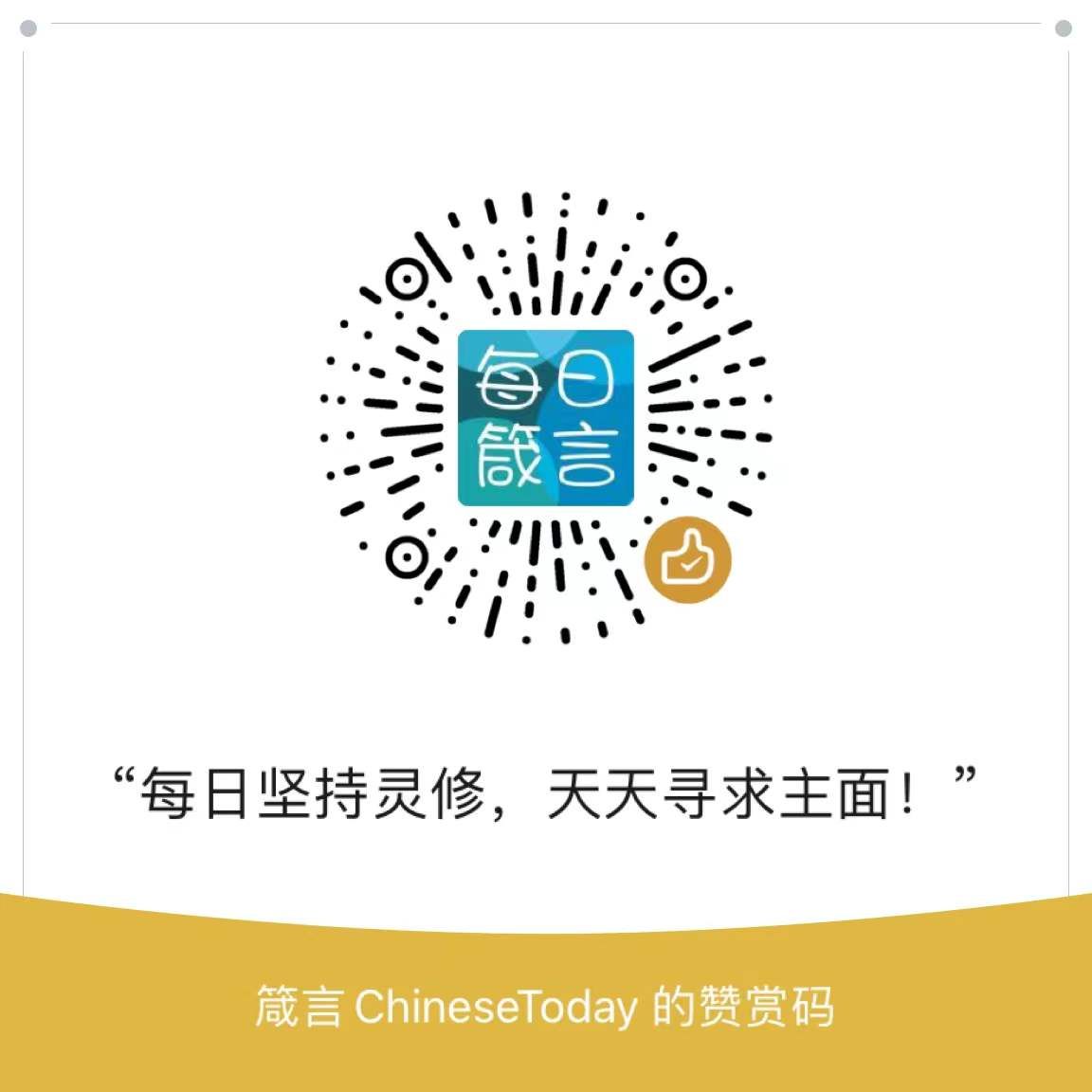【双语灵修】食物、体液、和皮肤FOODS, FLUIDS, AND FLESH

利未记 13:1-8;马太福音 8:1-4
耶和华晓谕摩西、亚伦说: “人的肉皮上若长了疖子,或长了癣,或长了火斑,在他肉皮上成了大痲疯的灾病,就要将他带到祭司亚伦或亚伦做祭司的一个子孙面前。 祭司要察看肉皮上的灾病,若灾病处的毛已经变白,灾病的现象深于肉上的皮,这便是大痲疯的灾病。祭司要察看他,定他为不洁净。 若火斑在他肉皮上是白的,现象不深于皮,其上的毛也没有变白,祭司就要将有灾病的人关锁七天。 第七天,祭司要察看他,若看灾病止住了,没有在皮上发散,祭司还要将他关锁七天。 第七天,祭司要再察看他,若灾病发暗,而且没有在皮上发散,祭司要定他为洁净,原来是癣,那人就要洗衣服,得为洁净。 但他为得洁净,将身体给祭司察看以后,癣若在皮上发散开了,他要再将身体给祭司察看。 祭司要察看,癣若在皮上发散,就要定他为不洁净,是大痲疯。
耶稣下了山,有许多人跟着他。 有一个长大痲疯的来拜他,说:“主若肯,必能叫我洁净了。” 耶稣伸手摸他,说:“我肯,你洁净了吧!”他的大痲疯立刻就洁净了。 耶稣对他说:“你切不可告诉人,只要去把身体给祭司察看,献上摩西所吩咐的礼物,对众人做证据。”
星期三
十一月十二日
食物、体液、和皮肤
“耶稣伸手摸他说:‘我肯,你洁净了吧。’” - 太 8:3
读到利未记中关于皮肤病和癣的条例,或许令人感到不自在,尤其是在吃饭时读就更甚,而这里还提到更多令以色列民“洁净”或“不洁净”的事物。这段利未记包括各种关于食物、体液和献祭的条例,这些命令说明,作为神的子民,是否有健康的身体来参与敬拜。
不过,这些条例不一定是表明这人犯了罪,它只是说,这人曾接触过某些东西(通常是体液、某些动物或皮肤病),令他成为仪式上的不洁净。当人“被玷污”后,需要采取行动来洁净自己 - 通常是洗澡等待一段时间、和献上祭物。不洁净的人也应留心不要接触其他人,因为这样做会把污秽传开去。这些条例提醒百姓,神要求我们生活上每一方面都是圣洁的,从饮食到生产到料理自己的身体,我们常常都清楚看到神对圣洁的要求的。
然而,百姓却无法使自己成为圣洁。惟有祭司才可以宣告人是圣洁的。这里有一个对我们至关重要的好消息。当耶稣医治人的时候,他们的污秽便传到耶稣身上,而祂的洁净也传到他们身上。这个伟大的交替,让我们可以藉着耶稣得到神的救恩,而我们也一次过被洁净了。
祷告
主耶稣,感谢祢,我们虽然不圣洁,祢却以宝血除去我们的污秽,来洁净我们。阿们。

Leviticus 13:1-8; Matthew 8:1-4
WEDNESDAY, NOVEMBER 12
FOODS, FLUIDS, AND FLESH
Jesus reached out his hand and touched the man. “I am willing,” he said. “Be clean!” —Matthew 8:3
Rules in Leviticus about skin diseases and rashes may not make for the most comfortable reading—especially if we are reading this at mealtime. And there is a lot more here about things that made an Israelite “clean” or “unclean.” This section of Leviticus includes all kinds of requirements about foods, bodily fluids, and sacrifices. These commands describe whether a person was fit for participating in worship as a part of God’s people.
These laws didn’t necessarily say that a person had committed a sin, though. Rather, the person had come into contact with something that made them ritually unclean—usually a bodily fluid, a certain kind of animal, or a skin disease. When a person was “defiled,” steps were needed to restore purity—usually bathing, waiting for a period of time, and bringing an offering. An unclean person also had to take care not to touch other people because that would spread the uncleanness. These laws reminded the people that God desired holiness in all areas of life. From eating food to having children to taking care of one’s body, God’s call to holiness was always in view.
Yet people could not make themselves holy. Only a priest declared whether that was so.
And this is vitally good news for us. When Jesus healed people, their impurities flowed to him, and his purity flowed to them. In the great reversal that makes God’s salvation possible for us through Jesus, we are made pure once for all!
Lord Jesus, thank you that although we are not holy, you make us clean by taking our impurities away. Amen!


Comments powered by Talkyard.